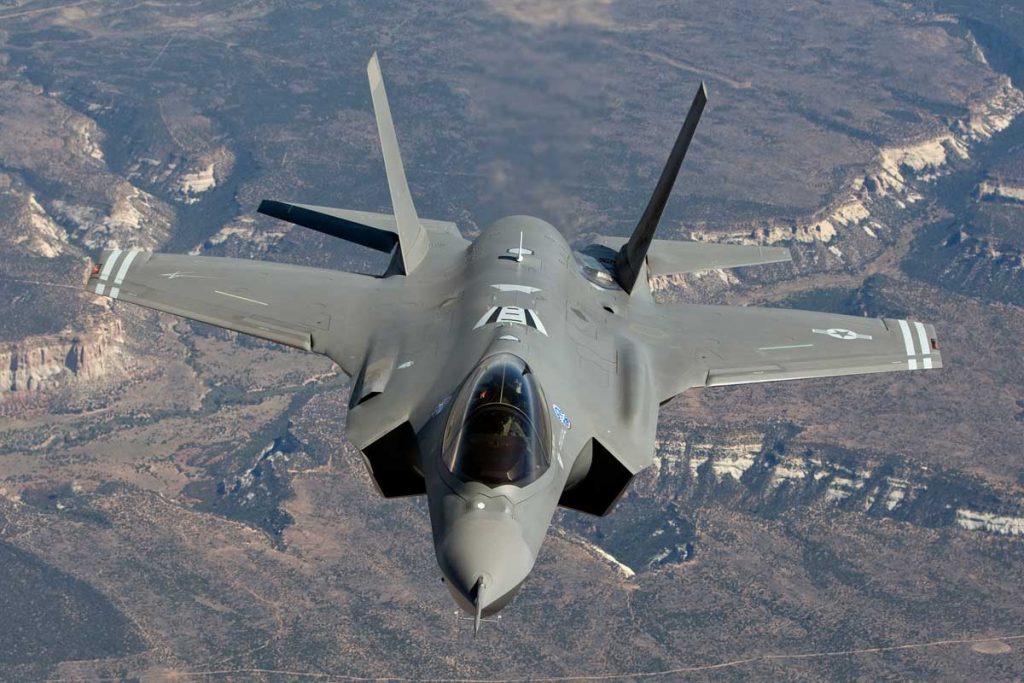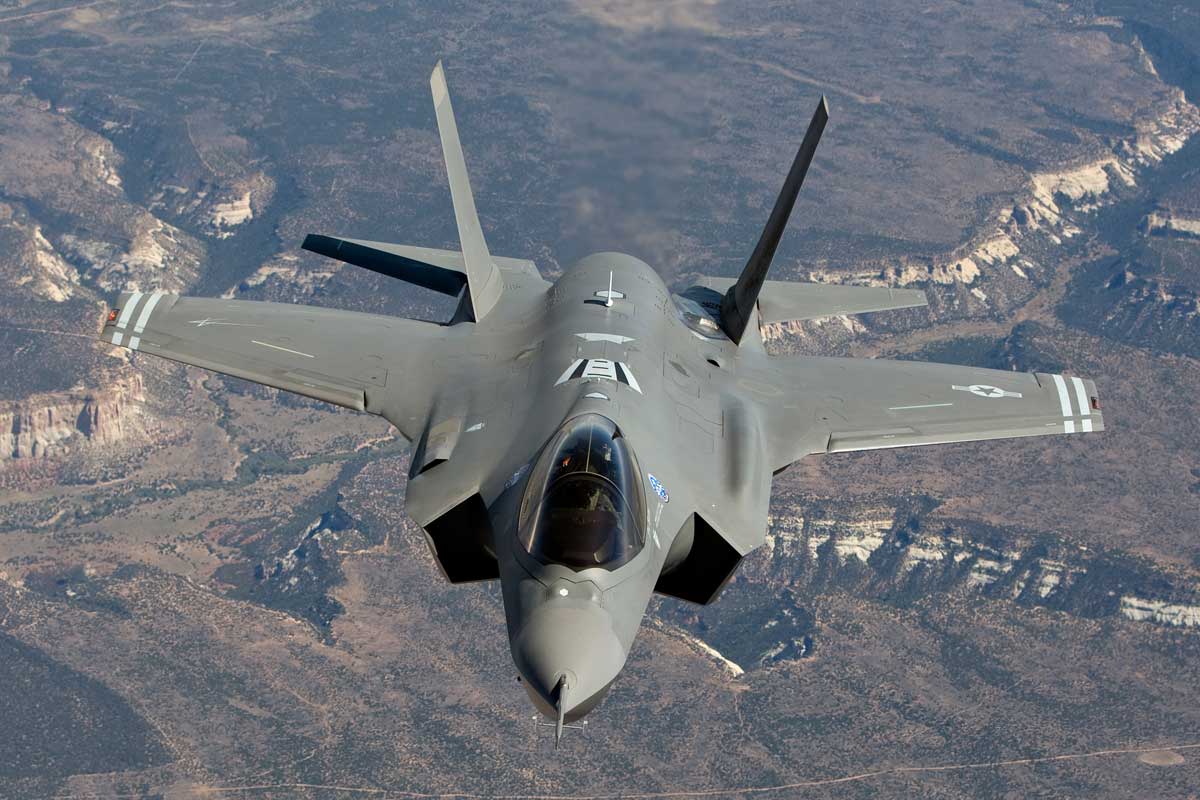
The war in Ukraine and Russia’s invasion on February 24 altered some European countries’ strategic thinking. Germany, which had a relatively passive armament policy prior to the war, now has other plans. These plans include the purchase of F-35 Lightning II stealth fighters from Lockheed Martin in the United States.
Germany has already stated its intent to purchase the F-35. This occurred in March of this year, when Berlin made the final decision to replace the German Eurofighter Typhoon with the American flagship. At the same time, Berlin announced nearly $113 billion in military modernization, including American fighter jets, in response to the Russian-Ukrainian conflict.
Today, the decisions made by German Chancellor Olaf Scholz and Defense Minister Christine Lambrecht are regarded as errors. And this suspicion is not a result of society. This opinion comes as a slap in the face from the German defence industry and the German aerospace industry association [BDLI].
Berlin and Washington have agreed that German companies will not be involved in the planes’ maintenance, refurbishment, or servicing. The money is all going to the United States, and some other European country [BulgarianMilitary.com thinks of Italy] will take over the service and maintenance of the fighters.
Even recent F-35 purchases negotiated with various European countries, according to BDLI, will receive local maintenance contracts. Even Switzerland, which is not typically active in international arms markets, was able to negotiate a $3 billion contract to service its aircraft.
According to the latest report published by the German publication Wirtschaft, this order is a setback for the German arms industry. BDLI even commented on and criticised the German government’s actions, noting that in Berlin, they did not even consider an option in which native local production would participate.
Airbus, a major player in aviation, also voiced its opinion. According to Wolfgang Schöder, managing director of Airbus Helicopters, such government actions endanger not only the domestic defence industry’s existence but also the technologies developed locally in recent decades.
Schoeder’s announcement comes as Berlin prepares to spend over $16 billion on the F-35 and new CH-47F Chinook heavy-lift helicopters.
Criticism of Berlin’s decisions is harsh and, according to several analysts, well-deserved. Behind their backs, the BDLI and the German arms industry claim that it is not only a matter of maintaining and updating foreign developments, but also of a lack of a strategic defense policy. Because, according to calculations, approximately 30% of the funds will be used to acquire American aircraft, and approximately 70% will be distributed over time for their maintenance.





